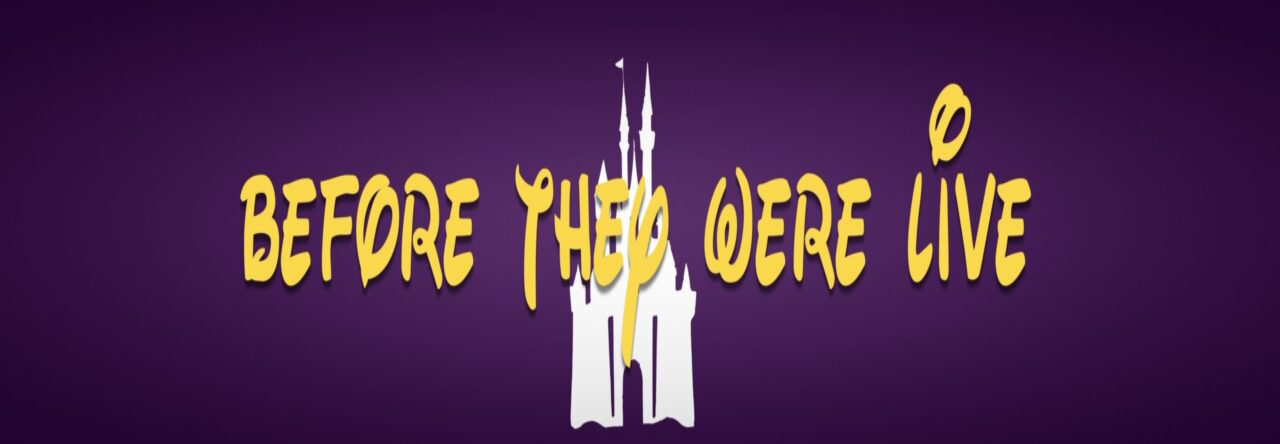I had a friend tell me the other day that I’m loathe to see my gifts, and naturally I replied that was demonstrably untrue because I readily acknowledge my gift of self-deprecation.
But I’m not actually as callous as that, and I’ve been stewing on his loving correction for a week. Because something definitely has been off in my innards and it’s been spilling over onto the people I love.
So I pulled out a reflection tool today and started running through the questions. Right away I noticed two things: I’m living in fear of what others think of me, and I’m regretting the mistakes (real and imagined) that got me to this point.
I’m Simba!

Ah, the power of imagination. Once I saw myself in the Simba narrative my thoughts crystalized: both in illuminating my false beliefs and behavior, and more importantly the possibilities ahead.
Like Simba I was choosing false peace over true peace. And like Simba I was loathe to see how my own contributions matter. Simba denies his place, denies his responsibility, denies that he offers any hope to Pride Rock. “Hakuna Matata,” one of the most seductive songs in all of the Disney Canon for falsely shaping our imaginations, became Simba’s theme.
Simba was paranoid and mistrustful of what people would think if they found out the truth – or his perceived truth – of the stampede and the fact that he’d been living in self-imposed exile. “No one has to know” he tells Nala when she asks what everyone will think when they find out Simba is alive.

Because of his mistrust he started looking to authorities, but he found that unsatisfying as well. “You said you’d always be there for me!” he screams in frustration to the stars that represent Mufassa and all the great kings of the past.

This all leads to a state of stagnation. Unable to trust himself or authorities to make decisions he gets stuck in a cycle of neglecting facing his problems, covering those problems in the sticky gooey sentimentality of Hakuna Matata, and living in reaction instead of possibility. “You think you can just show up and tell me to live my life?”

By the time Simba does make a decision his home is in ruins. “You want to fight your Uncle for this?” Timone asks incredulously. But by that point Simba has moved back into a healthier place. He’s seeing things not as they are but as they will be. God will be gracious to the land once again.

Psalm 85:1 – 4
You have been gracious to your land, O LORD: you have restored the good fortune of Jacob.
You have forgiven the iniquity of your people : and blotted out all their sins.
You have withdrawn all your fury : and turned yourself from your wrathful indignation.
Restore us then, O God our Savior : let your anger depart from us.
Close readers whose minds are shaped like mine by the imagination of the Enneagram will see here that Simba’s narrative arc follows very closely that of a nine on an Enneagram. The peacemaker who when unhealthy trades true peace for a facsimile of peace, believes they don’t matter, and moves toward the traits of a six. (Yeah, I just typed a fictional lion, did you expect something else?)
The healing words I needed today, and that maybe you need too are these: If God can withdraw his fury and His indignation toward me, shouldn’t I do the same. If God sees a restored land in the future, not defined by the mistakes of the past, shouldn’t we live in that same hope and possibility.
Shouldn’t we be Simba?



